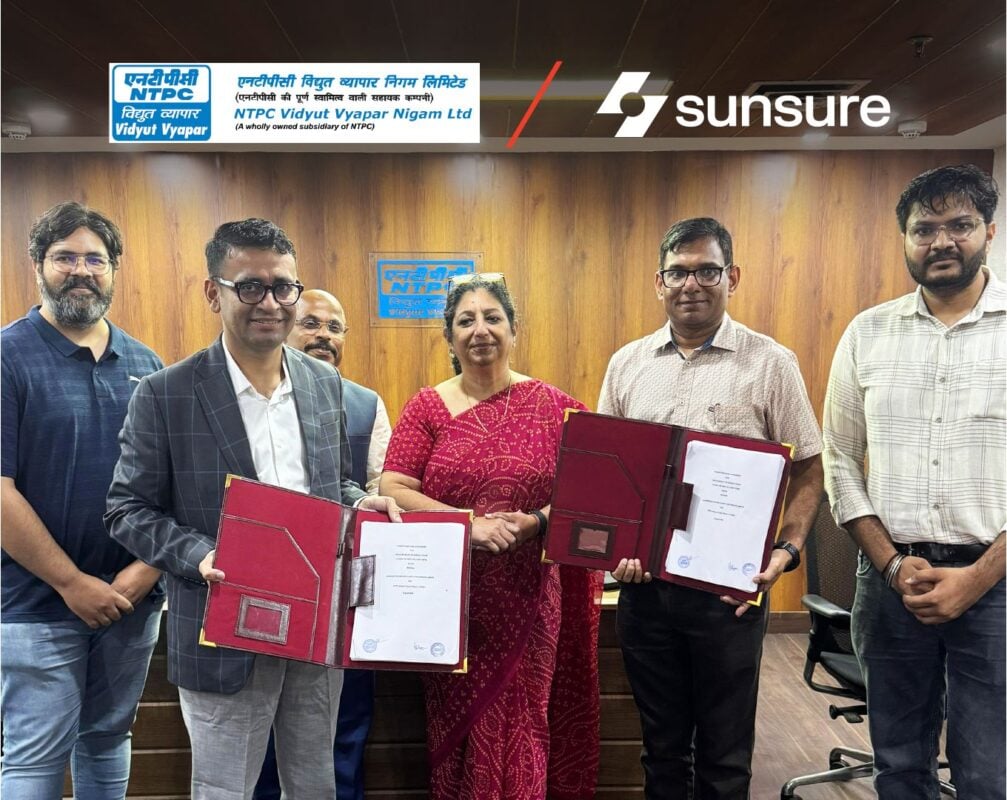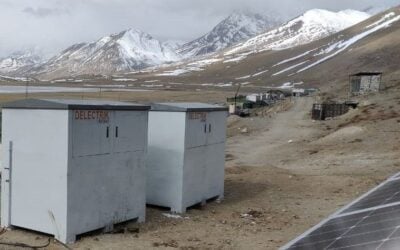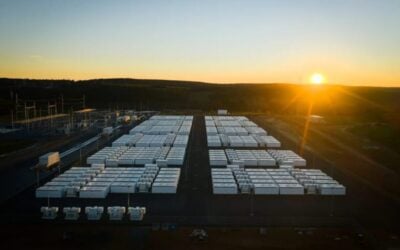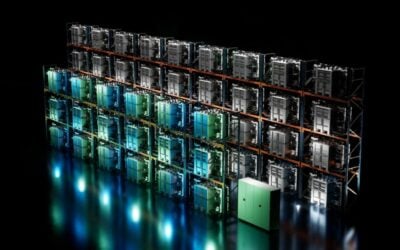
Renewable energy solutions provider Sunsure Energy claims to have signed India’s first-ever fixed tariff battery storage offtake contract.
Sunsure, an independent power producer (IPP) operating a portfolio of wind and solar PV projects, said last week (28 August) that it has signed a battery energy discharge purchase agreement (BEDPA) with utility services provider NTPC Vidyut Vyapar Nigam Limited (NVVN).
The two parties have signed the 15-year contract for 125MW/500MWh of capacity from a battery energy storage system (BESS) project to be connected to the 400/220kV Garautha Substation in Jhansi, a city in the northern Indian state of Uttar Pradesh.
Under the agreement, Sunsure must deliver four hours of on-demand power between 6 p.m. and 10 a.m., helping NVVN’s end customer, Uttar Pradesh Power Corporation Limited (UPPCL), meet morning or evening peak electricity demand with clean energy.
Try Premium for just $1
- Full premium access for the first month at only $1
- Converts to an annual rate after 30 days unless cancelled
- Cancel anytime during the trial period
Premium Benefits
- Expert industry analysis and interviews
- Digital access to PV Tech Power journal
- Exclusive event discounts
Or get the full Premium subscription right away
Or continue reading this article for free
The IPP did not offer details of the solicitation or process through which it was awarded the contract, but claimed that it is the first of its kind for India in that it will be billed based on a fixed tariff, paid in Indian Rupees per kilowatt-hour of discharged energy, rather than the more common fixed monthly rates.
The build, own and operate (BOO) contract is also Sunsure’s first long-term battery storage power supply agreement. The company has a total 500MW portfolio of operational solar PV and wind assets, with a further 2.5GW in construction across various Indian states.
“Round-the-clock renewable energy is the need of the modern, growing India. The next generation of clean energy infrastructure will not be the one that works only when the sun shines or when the wind blows – but one that works when India needs it the most,” Sunsure Energy founder, chairman and CEO Shashank Sharma said.
Sharma noted that Sunsure has been “quietly building capabilities” toward that future over the past two years, moving from pure-play solar offerings to hybrid renewables-plus-storage technologies for commercial and industrial (C&I) customers.
In its utility business, the CEO referenced wins for the company in tenders from the Solar Energy Corporation of India (SECI) and hydroelectric power generation company SJVN, alongside NVVN’s “first-of-its-kind BESS deployment in the country.”
“We’ve consistently moved up the technology curve, while preserving our returns,” Sharma said.
NVVN is a power trading and cross-border energy import subsidiary of NTPC (formerly the National Thermal Power Corporation), another state-owned company like SECI and SJVN.
While it may be a first in terms of its contract structure, Sunsure’s latest win sits alongside many different types of hybrid renewable energy power purchase agreements (PPAs) and energy storage services and purchase agreements that India’s nodal agencies and states are tendering for.
India Energy Storage Alliance (IESA) president Debmalya Sen wrote about the different types of tenders, including hybrid renewable energy and standalone energy storage, and the various ways tariffs are awarded and developers remunerated, in a Guest Blog for this site in May.
The different designs, such as Round the Clock (RTC), peak-specific, load-following and firm, dispatchable renewable energy (FDRE), are all aimed at answering the needs of grid operators, utilities and energy users with requirements on timings and duration of dispatch.
As of the end of the first half of this year, tenders for a cumulative 171GWh of energy storage capacity had been held in India since the first was launched in 2018. Over 55GWh have been tendered in 2025 alone.
As analyst Charith Konda of the Institute for Energy Economics and Financial Analysis (IEEFA) wrote a few weeks ago, though wildly successful in some respects, the tenders have not been without challenges. For example, the aggressive competition that has seen reverse auction prices fall dramatically could see projects win bids that are not feasible to build, Konda wrote.





